Nigeria is planning to fund its budget deficit of N2.2 trillion budget deficit for next year by borrowing from domestic and international debt markets.
Africa’s biggest economy currently holds $81.2 billion (N29.3 trillion) in debts – $55.6 billion in domestic debt and $25.6 billion in foreign loans, according to the Debt Management Office.
President Muhammadu Buhari, who submitted a budget of N10.33trn for year 2020 to the Nigerian lawmakers, said the country expects to raise revenue from oil revenue of N2.64 trillion, non-oil tax revenues of N1.81 trillion and “other revenues of N3.7 trillion” to make a total of N8.155 trillion in expected revenue.
“We expect enhanced real GDP growth of 2.93% in 2020, driven largely by non-oil output, as economic diversification accelerates, and the enabling business environment improves. However, inflation is expected to remain slightly above single digits in 2020,” Buhari said.
The president while presenting the Budget, described it as a budget of Fiscal Consolidation to strengthen Nigeria’s macroeconomic environment; investing in critical infrastructure, human capital development and enabling institutions, especially in key job-creating sectors.
He further stated that the 2020 budget is based on the new VAT rate, adding that the increased revenues will be used to fund education, health, and infrastructure.
The increase in the budget also reflects the new national minimum wage.
Some of the key capital spending allocations in the 2020 Budget include: Works and Housing N262 billion; Power N127 billion; Transportation N123 billion;
Universal Basic Education Commission N112 billion; Defence N100 billion; Zonal Intervention Projects N100 billion; Agriculture and Rural Development N83 billion; Water Resources N82 billion; Niger Delta Development Commission N81 billion, and Education N48 billion.
Others are, Health N46 billion; Industry, Trade and Investment N40 billion; North East Development Commission N38 billion; Interior N35 billion; Social Investment Programmes N30 billion; Federal Capital Territory N28 billion, and Niger Delta Affairs Ministry N24 billion.












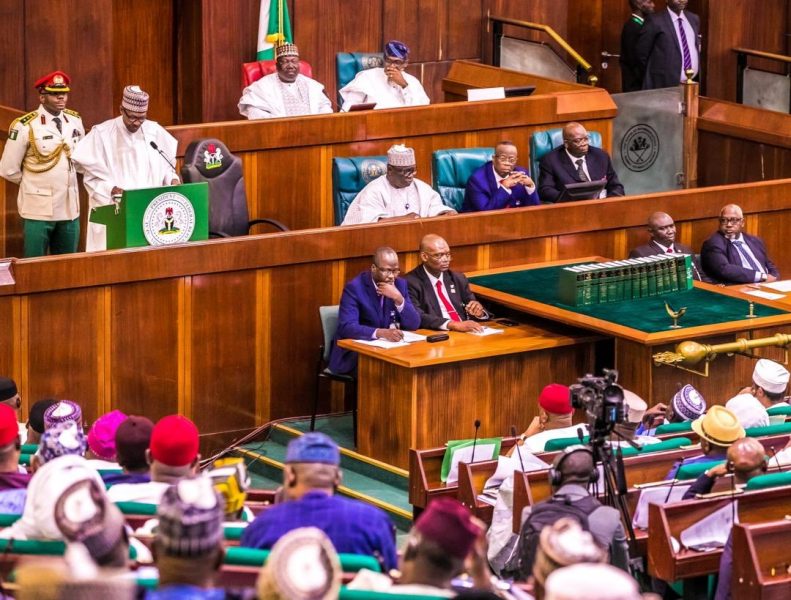

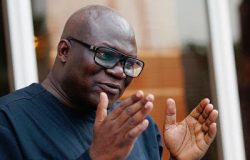










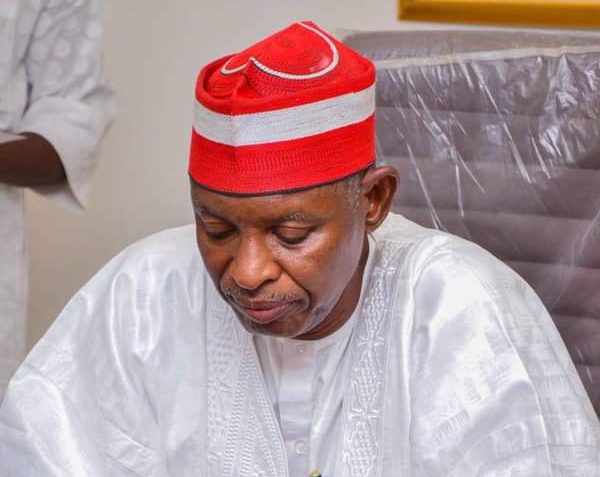

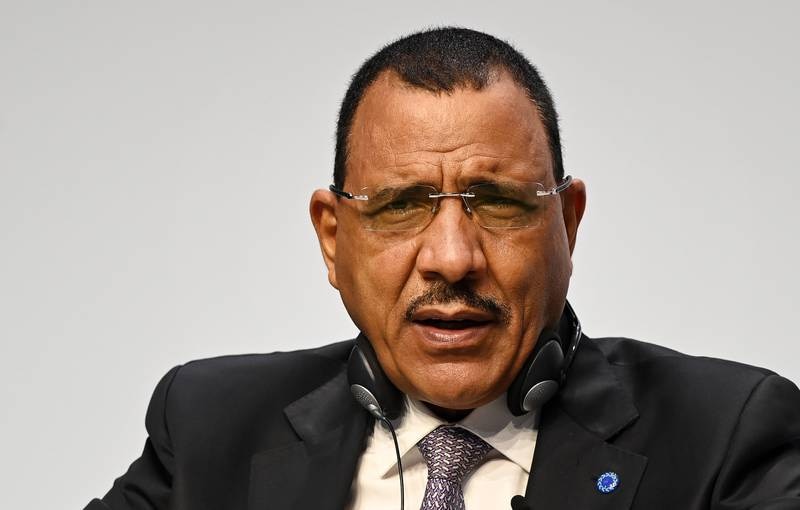
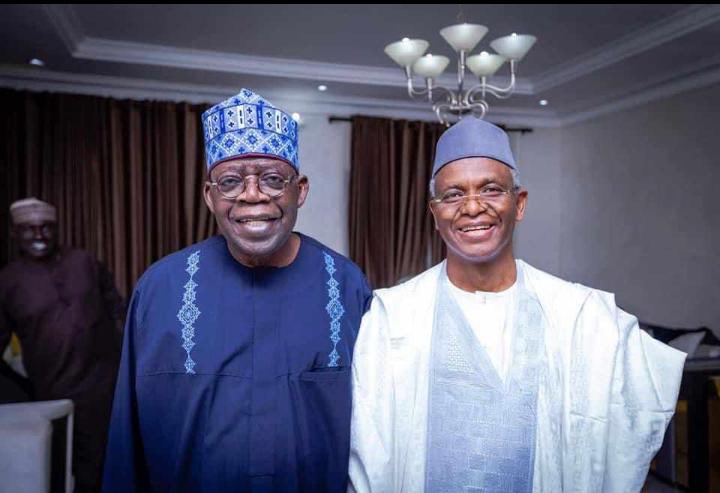



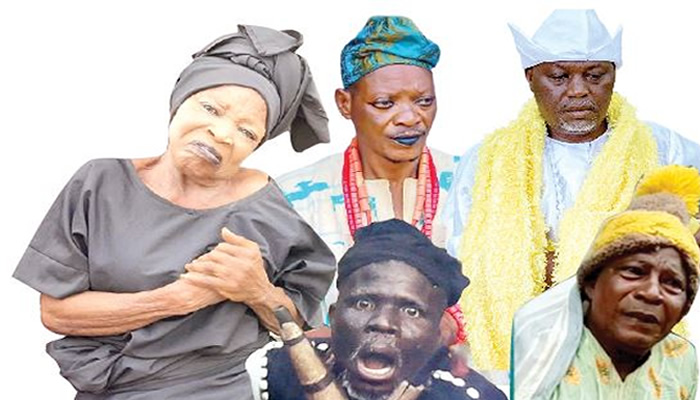


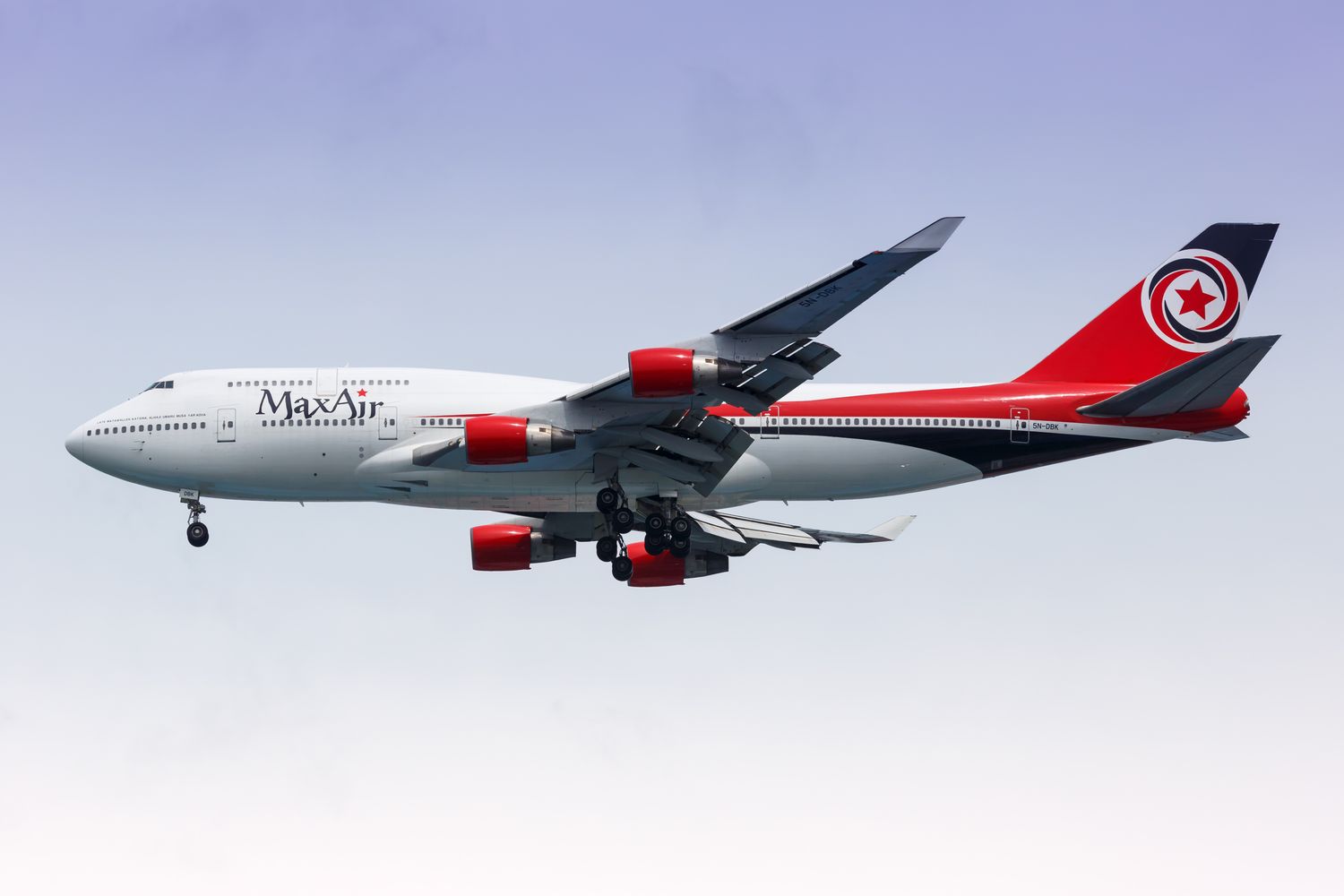

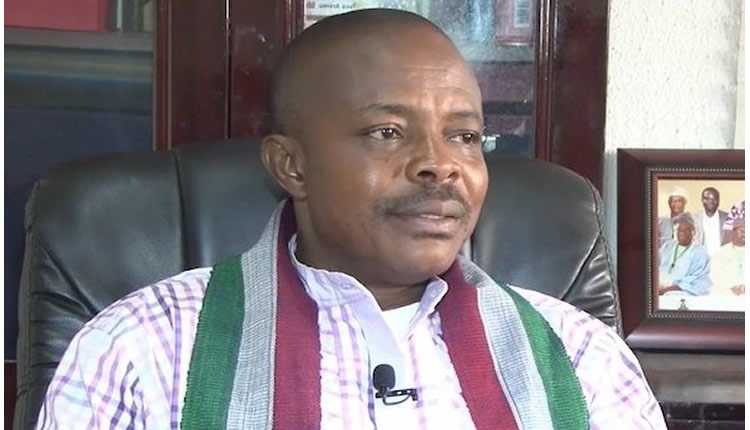

Leave a comment